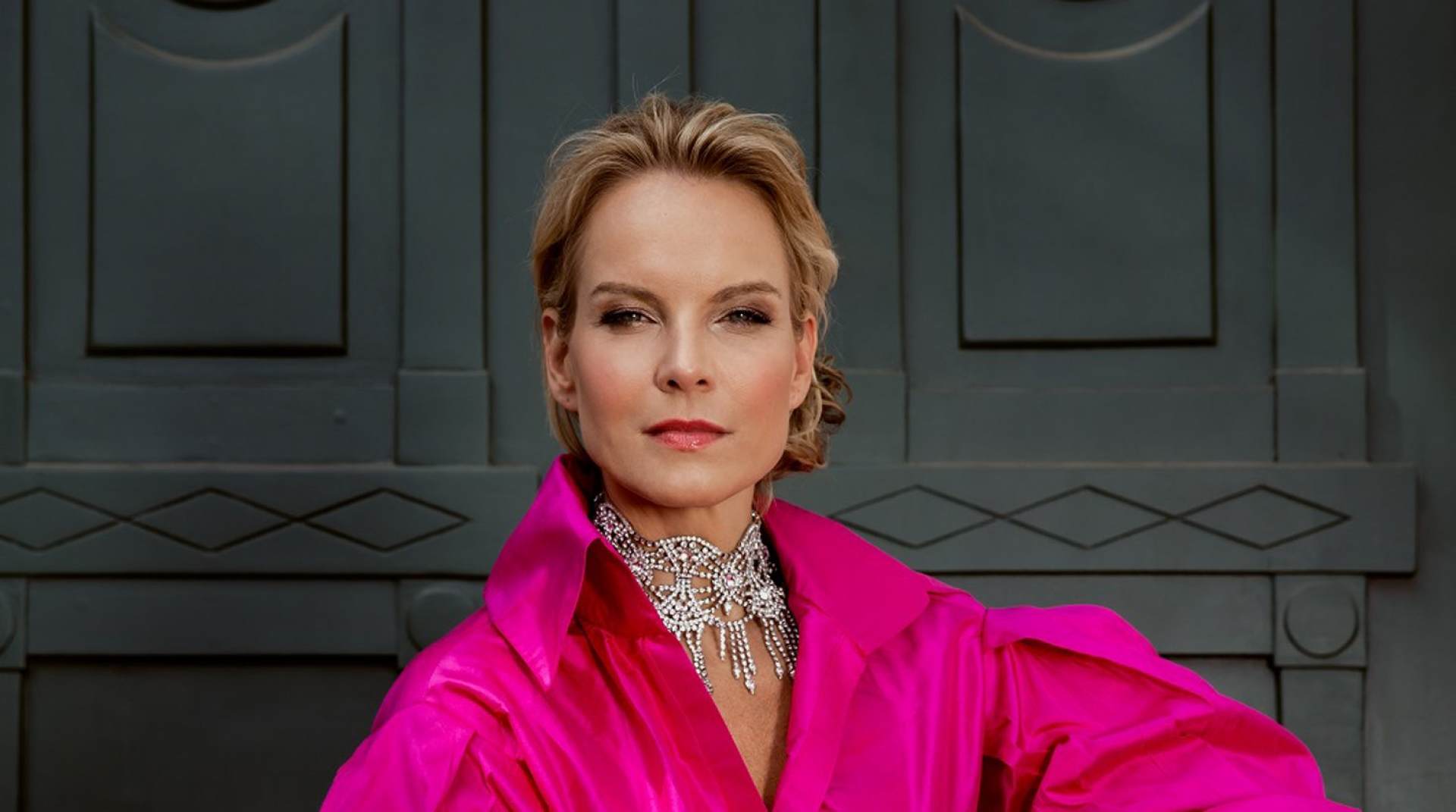Recital Elīna Garanča
Mo | Tu | We | Th | Fr | Sa | Su |
Elīna Garanča is considered the best mezzo-soprano in the world
With a program featuring songs and arias by 19th-century European Romantic composers
Born in Riga (Latvia) and currently residing in Spain, Elīna Garanča is considered the best mezzo-soprano in the world today. Following recent successes such as her debut as Kundry in Wagner's Parsifal at Bayreuth, her Princess of Eboli at the opening of the Teatro alla Scala season, or her Amneris in Aida in Berlin in Calixto Bieito's production, she arrives at the Liceu to offer her recital in full form.
With a captivating and beautiful timbre, seamless transitions between registers, silky center, resonant lows, and penetrating highs, the Latvian singer delves into each role, embodying the essence of the music. Always seducing with her voice and inflections, ranging from filatos to sensuality or languid phrasing.
Elīna Garanča is a regular guest at the Metropolitan Opera, Wiener Staatsoper, ROH Covent Garden, Salzburg Festival, Festspielhaus Baden-Baden, Bayerisches Staatsoper in Munich, Deutsche Oper Berlin, Carnegie Hall in New York, and Wigmore Hall in London, among others worldwide.
Garanča, who made her debut at the Gran Teatre del Liceu singing Sesto (La clemenza di Tito) replacing Joyce DiDonato in 2006, returned to sing Anna Bolena's Seymour and Mozart's Requiem at the Montserrat basilica during the Covid-19 pandemic. She now presents a recital featuring a program of songs and arias by 19th-century European Romantic composers, along with some romanzas from zarzuela, a genre she particularly favors. With an enviable instrument of homogeneous, velvety, and extraordinarily beautiful voice, Garanča will captivate the audience throughout the evening.
Program and cast
Approximate Duration: 2 hours
Mezzo-soprano: Elīna Garanča
Piano: Malcolm Martineau
Gran Teatre del Liceu
Barcelona's opera house, the Gran Teatre del Liceu, was founded on the Rambla in 1847 and has continued over the years to fulfil its role as a culture and arts centre and one of the symbols of the city.
Today it is publicly-owned (by the Government of Catalonia, Barcelona City Council, Barcelona Provincial Council and the Ministerio de Educación, Cultura y Deporte) and administered by the Fundació del Gran Teatre del Liceu which, in addition to the aforementioned bodies, incorporates the Patronage Council and the Societat del Gran Teatre del Liceu (the old society of owners).
Origins: From 1837 to 1847
The Liceu evolved out of the Sociedad Dramática de Aficionados (Society of theatre-lovers) set up in 1837 at the instigation of Manuel Gibert in the former convent of Montsió by members of the National Militia, an organization of armed citizens with liberal leanings.
Barcelona's economy and population were growing fast at the time and the city needed a music conservatory. This led to the conversion of the Sociedad Dramática into the Liceo Filármonico Dramático Barcelonés de S.M. la Reina Isabel II (Barcelona Dramatic and Philharmonic Lyceum of HM Queen Isabel II). In addition to its theatrical activities, the new organization cultivated Italian-style singing and music.
The building on the Rambla
The original building was solemnly opened on 4 April 1847. The plans had been drawn up by Miquel Garriga i Roca, subsequently assisted by Josep Oriol Mestres. The project was funded by selling shares, which meant that many of the boxes and seats were to be privately owned. The shareholders formed the Societat del Gran Teatre del Liceu, known as the “Societat de Propietaris” (Society of Owners), which was in sole charge of running the Gran Teatre del Liceu from 1855 onwards, after it was legally separated from the Conservatori del Gran Teatre del Liceu.
The theatre was operated by impresarios who were given a concession to stage a specific number of productions in exchange for the proceeds from the sale of tickets not reserved for the Societat itself. This system was to endure until 1980.
The creation of the Consortium
By the last quarter of the 20th century this management system was no longer viable. In 1980, to avert the danger of the disappearance of an institution of such worldwide cultural renown, the Generalitat Catalonia's first government in modern times – set up a consortium, the Consorci del Gran Teatre del Liceu, which also incorporated Barcelona City Council and the Societat del Gran Teatre del Liceu. Barcelona Provincial Council joined the Consortium in 1985, followed by the Spanish Ministry of Culture in 1986. From then on the Consortium took over operation of the theatre.

 EN
EN DE
DE IT
IT FR
FR ES
ES RU
RU JP
JP RO
RO
